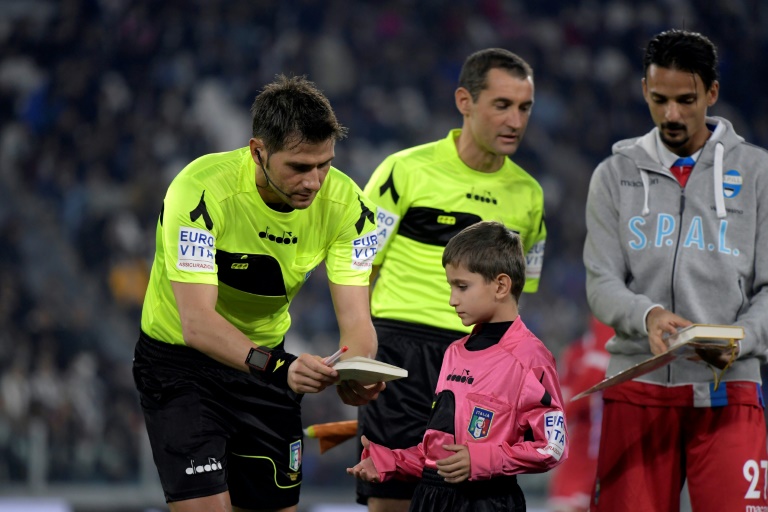PICTURES: Dragon boat racing excitement at Florida Lake
The Lazio ‘ultras’ have previously been in hot water over Celtic crosses, monkey chants and fascist salutes leading to them often being portrayed as a fascist club.
Sociologist Sebastien Louis, an expert in European football hooligans, said that there “has always been a hue of the extreme right” in the team’s fans.
Despite the wide perception of the club and the actions of its extreme fans, Lazio actually stood up to fascism and Benito Mussolini back in the 1920s, although the former Italian dictator is widely thought to have supported the club.
Lazio refused to take part in Mussolini’s merger of various capital clubs in 1927, which eventually brought about the birth of their now fierce rivals Roma.
But their greatest side, the 1974 Serie A title-winners, were banned from playing in the European Cup when Ipswich Town supporters were attacked at the Stadio Olimpico, which they share with Roma, after a UEFA Cup tie.
Their far-right links returned to the headlines in 2005, when cult hero Paolo Di Canio made straight-arm salutes to the crowd, before the striker defended himself by saying he was a “fascist, not a racist”.
Sociologist Louis thinks that the extreme views in the Stadio Olimpico’s North Stand, where the ultras now sit, has been accentuated in recent years.
“In 1979, the ‘Vikings’ were the first group to bring politics to the stadium,” he told AFP.
“But the ground was already fertile for that in the 1970s in Italy with a strong presence of both the far left and the far right.”
Today, the dominant group in the North Stand is the ‘Irriducibili’, which was created in 1987.
“Here again, we have people who are immersed in these far-right breeding grounds, but there is only a surface politicisation,” added Louis.
“If we look at the people who are really active politically, we’re talking in tens, not hundreds.”
– Anti-semitism at the Olimpico –

Referee Fabrizio Pasqua gives a copy of the diary of holocaust victim Anne Frank to a boy before the match between Juventus and Spal, on October 25, 2017 at the Allianz stadium in Turin
With the North Stand already closed after racist chants during a match against Sassuolo earlier this month, the South Stand is where the photos of Frank were found.
Anti-Semitic insults have long been prevalent in Italian football.
“In the 90s, there was a far-right poster contest with horrific anti-Semitic banners, but not only at Lazio, at Roma, and at Inter Milan and Sampdoria about AC Milan,” recalled Louis.
More recently, Italian champions Juventus were also sanctioned for anti-Semitic chanting by their supporters.
“There is no particular explanation for it, it’s idiotic, it’s a lack of culture, but for them it’s an insult like any other, even though it is more readily used in stands where the far-right are prominent,” he added.
The Irriducibili have constantly protested their innocence, and refused to travel to Lazio’s game at Bologna on Wednesday, saying that “our usual way of being supporters could today be misinterpreted by those who would then attack Lazio and its supporters”.
The group claimed there “was nothing racist” about their monkey chants, and after the Anne Frank photo scandal, that “mockery and teasing are not crimes”.
The ultras at Lazio and other clubs regularly complain that their positive initiatives are not highlighted as much as their anti-semitic and racist incidents.
“Like provocation, solidarity is part of the ultras’ culture,” said Louis.
“Before the match between Lazio and Nice, they made a monument in memory of the victims of the (Nice terror) attack.
“They raise money for good causes, they have blood drives and many ultras helped after the earthquakes and during the floods in Livorno.”
Download our app